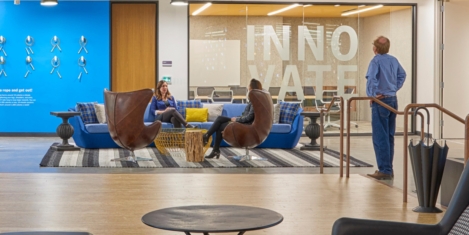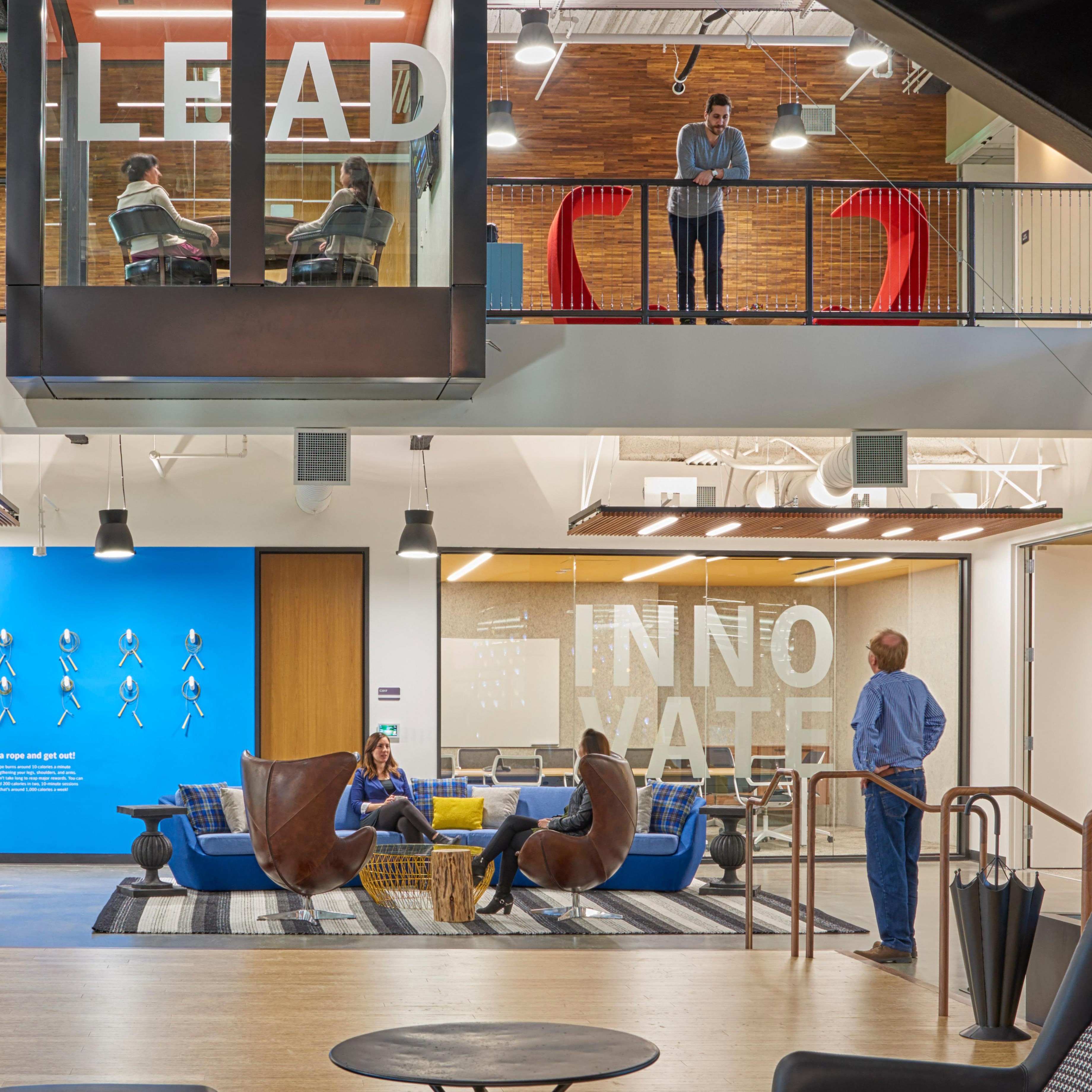To provide the best experiences, we use technologies like cookies to store and/or access device information. Consenting to these technologies will allow us to process data such as browsing behaviour or unique IDs on this site. Not consenting or withdrawing consent, may adversely affect certain features and functions.
The technical storage or access is strictly necessary for the legitimate purpose of enabling the use of a specific service explicitly requested by the subscriber or user, or for the sole purpose of carrying out the transmission of a communication over an electronic communications network.
The technical storage or access is necessary for the legitimate purpose of storing preferences that are not requested by the subscriber or user.
The technical storage or access that is used exclusively for statistical purposes.
The technical storage or access that is used exclusively for anonymous statistical purposes. Without a subpoena, voluntary compliance on the part of your Internet Service Provider, or additional records from a third party, information stored or retrieved for this purpose alone cannot usually be used to identify you.
The technical storage or access is required to create user profiles to send advertising, or to track the user on a website or across several websites for similar marketing purposes.
 Three-fifths of UK organisations are still not ready to report their executive pay gap almost twelve months after the legislation came into force, claims a new poll by HR services provider MHR. This year UK listed companies with more than 250 employees are, for the first time, obliged to publish the pay ratio between their CEO and “average” employees in early 2020 and explain the reason for their executive pay ratios. (more…)
Three-fifths of UK organisations are still not ready to report their executive pay gap almost twelve months after the legislation came into force, claims a new poll by HR services provider MHR. This year UK listed companies with more than 250 employees are, for the first time, obliged to publish the pay ratio between their CEO and “average” employees in early 2020 and explain the reason for their executive pay ratios. (more…)





































